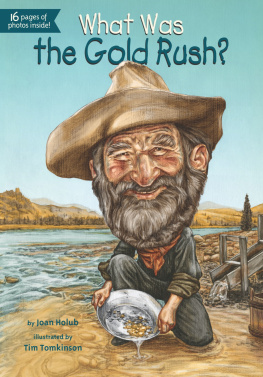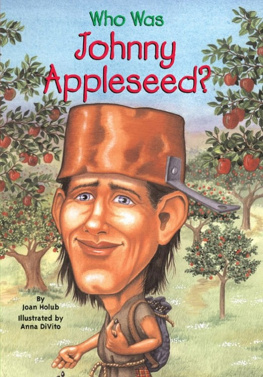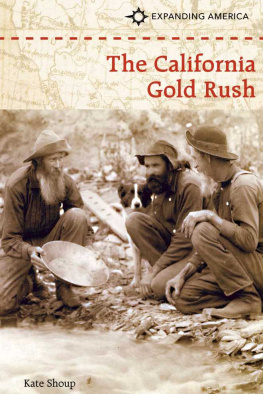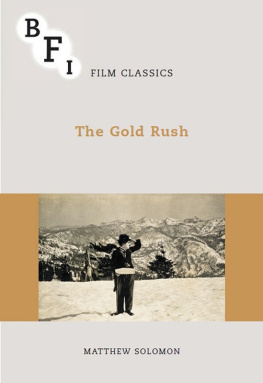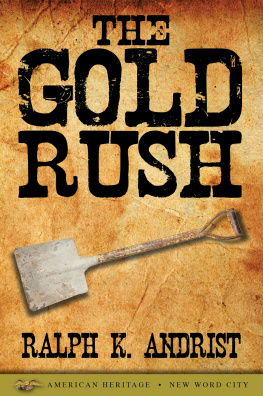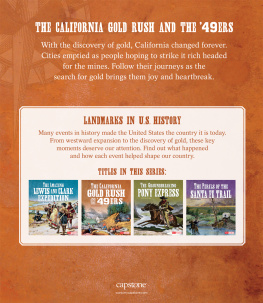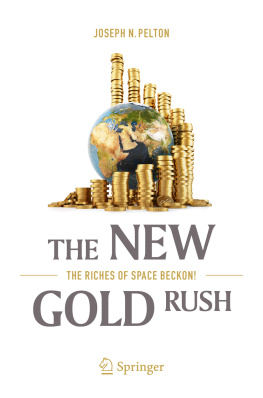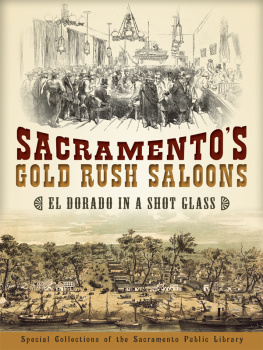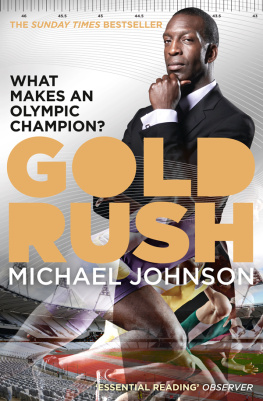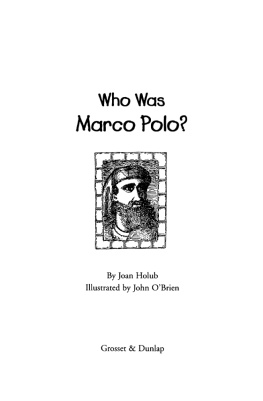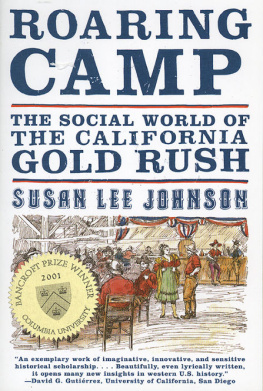Holub - What Was the Gold Rush?
Here you can read online Holub - What Was the Gold Rush? full text of the book (entire story) in english for free. Download pdf and epub, get meaning, cover and reviews about this ebook. year: 2013, publisher: Penguin Young Readers Group, genre: History. Description of the work, (preface) as well as reviews are available. Best literature library LitArk.com created for fans of good reading and offers a wide selection of genres:
Romance novel
Science fiction
Adventure
Detective
Science
History
Home and family
Prose
Art
Politics
Computer
Non-fiction
Religion
Business
Children
Humor
Choose a favorite category and find really read worthwhile books. Enjoy immersion in the world of imagination, feel the emotions of the characters or learn something new for yourself, make an fascinating discovery.
What Was the Gold Rush?: summary, description and annotation
We offer to read an annotation, description, summary or preface (depends on what the author of the book "What Was the Gold Rush?" wrote himself). If you haven't found the necessary information about the book — write in the comments, we will try to find it.
What Was the Gold Rush? — read online for free the complete book (whole text) full work
Below is the text of the book, divided by pages. System saving the place of the last page read, allows you to conveniently read the book "What Was the Gold Rush?" online for free, without having to search again every time where you left off. Put a bookmark, and you can go to the page where you finished reading at any time.
Font size:
Interval:
Bookmark:

What Was
the Gold Rush?
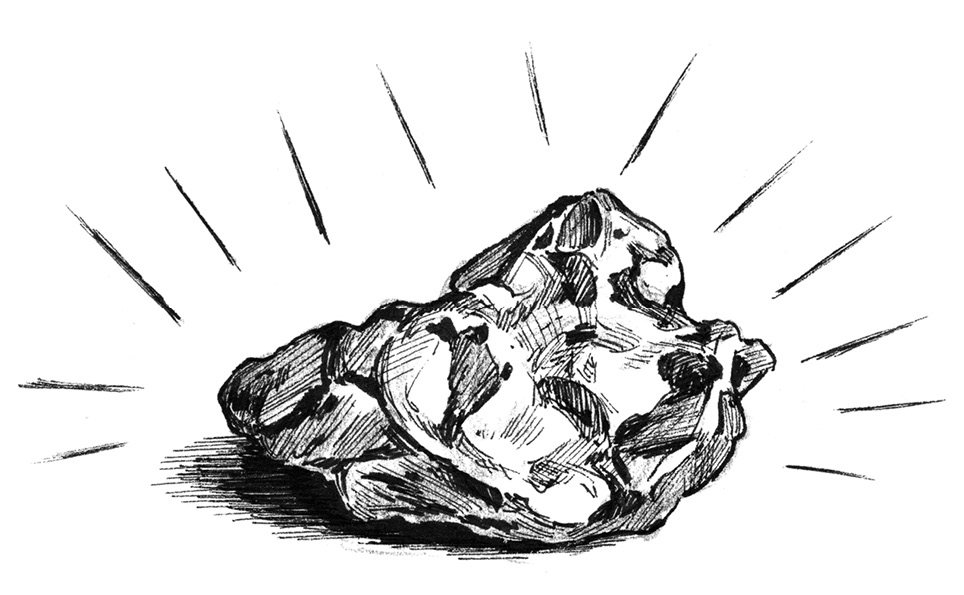
by Joan Holub
illustrated by Tim Tomkinson
Grosset & Dunlap
An Imprint of Penguin Group (USA) Inc.
For Elizabeth, Shelton, and Charlotte EnsleyJH
For Parker and ChaseTT
GROSSET & DUNLAP
Published by the Penguin Group
Penguin Group (USA) Inc., 375 Hudson Street, New York, New York 10014, USA
Penguin Group (Canada), 90 Eglinton Avenue East, Suite 700,
Toronto, Ontario M4P 2Y3, Canada (a division of Pearson Penguin Canada Inc.)
Penguin Books Ltd, 80 Strand, London WC2R 0RL, England
Penguin Ireland, 25 St Stephens Green, Dublin 2, Ireland (a division of Penguin Books Ltd)
Penguin Group (Australia), 707 Collins Street, Melbourne, Victoria 3008, Australia (a division of Pearson Australia Group Pty Ltd)
Penguin Books India Pvt Ltd, 11 Community Centre, Panchsheel Park, New Delhi110 017, India
Penguin Group (NZ), 67 Apollo Drive, Rosedale, Auckland 0632, New Zealand (a division of Pearson New Zealand Ltd)
Penguin Books (South Africa), Rosebank Office Park, 181 Jan Smuts Avenue, Parktown North 2193, South Africa
Penguin China, B7 Jiaming Center, 27 East Third Ring Road North, Chaoyang District, Beijing 100020, China
Penguin Books Ltd, Registered Offices: 80 Strand, London WC2R 0RL, England
All rights reserved. No part of this book may be reproduced, scanned, or distributed in any printed or electronic form without permission. Please do not participate in or encourage piracy of copyrighted materials in violation of the authors rights. Purchase only authorized editions.
Text copyright 2013 by Joan Holub. Illustrations copyright 2013 by Tim Tomkinson. All rights reserved. Published by Grosset & Dunlap, a division of Penguin Young Readers Group, 345 Hudson Street, New York, New York 10014. GROSSET & DUNLAP is a trademark of Penguin Group (USA) Inc. Printed in the U.S.A.
Library of Congress Cataloging-in-Publication Data is available.
ISBN 978-1-101-61029-9

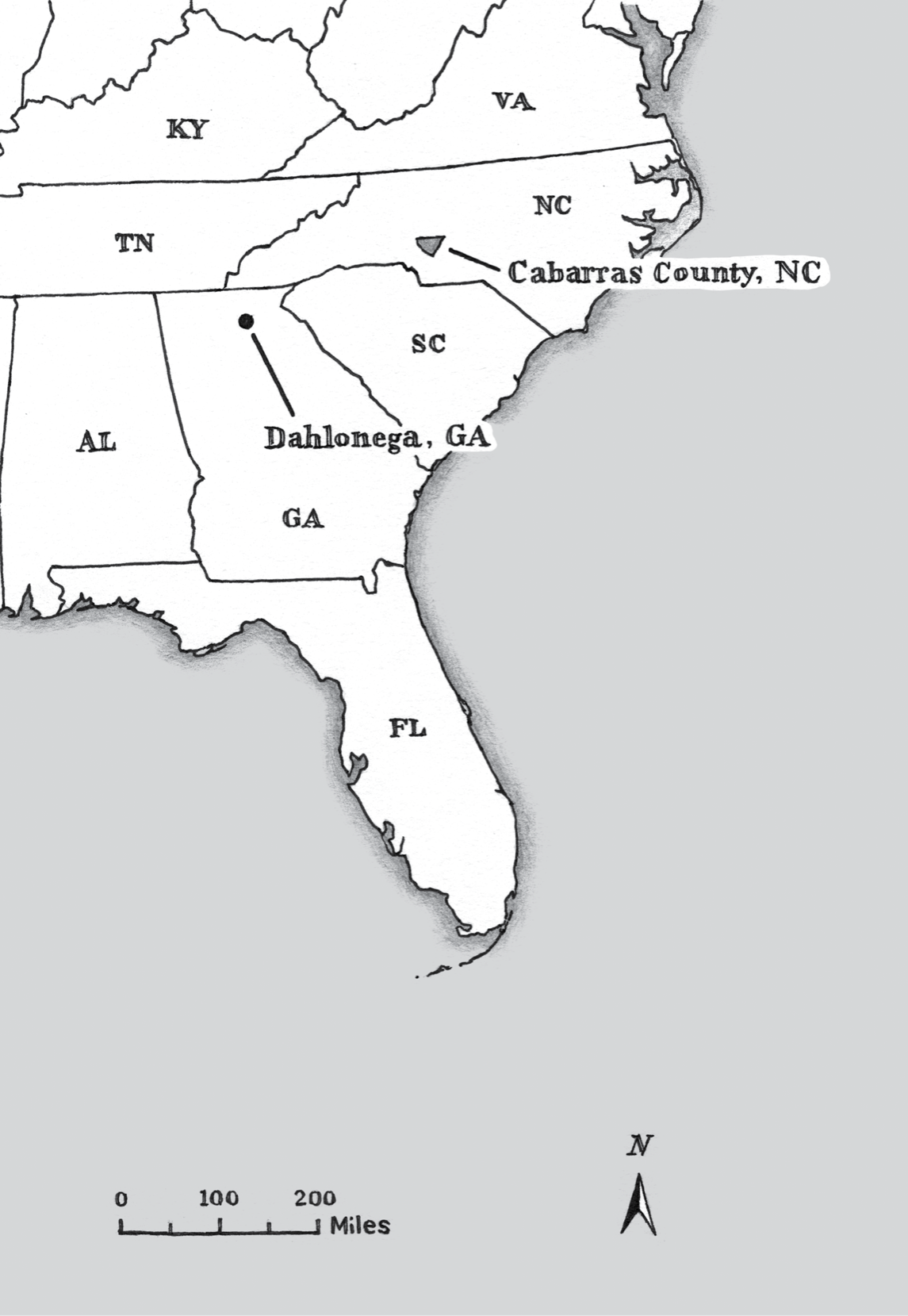
What Was the Gold Rush?
A gold rush happens when lots of people race off to where gold has just been discovered. They all expect to find gold and get rich. The first gold rush in the United States was in North Carolina in 1799. It began when a twelve-year-old boy found a seventeen-pound gold nugget in a creek. His family didnt know the nugget was gold, so they used it as a doorstop. Then, in 1802, they sold it for $3.50. They didnt know it was worth far moreover $350,000 in todays dollars! For fifty years, North Carolina produced more gold than any other state.
There was another gold rush in the Appalachian Mountains of Georgia thirty years later. The estimated amount of gold it produced every month in 1830 would be worth $14 million today.
But the most famous one is the gold rush of 1849. It happened when gold was discovered in Californiagold worth billions of dollars today. The biggest nugget found weighed 195 poundsas much as a grown man weighs!
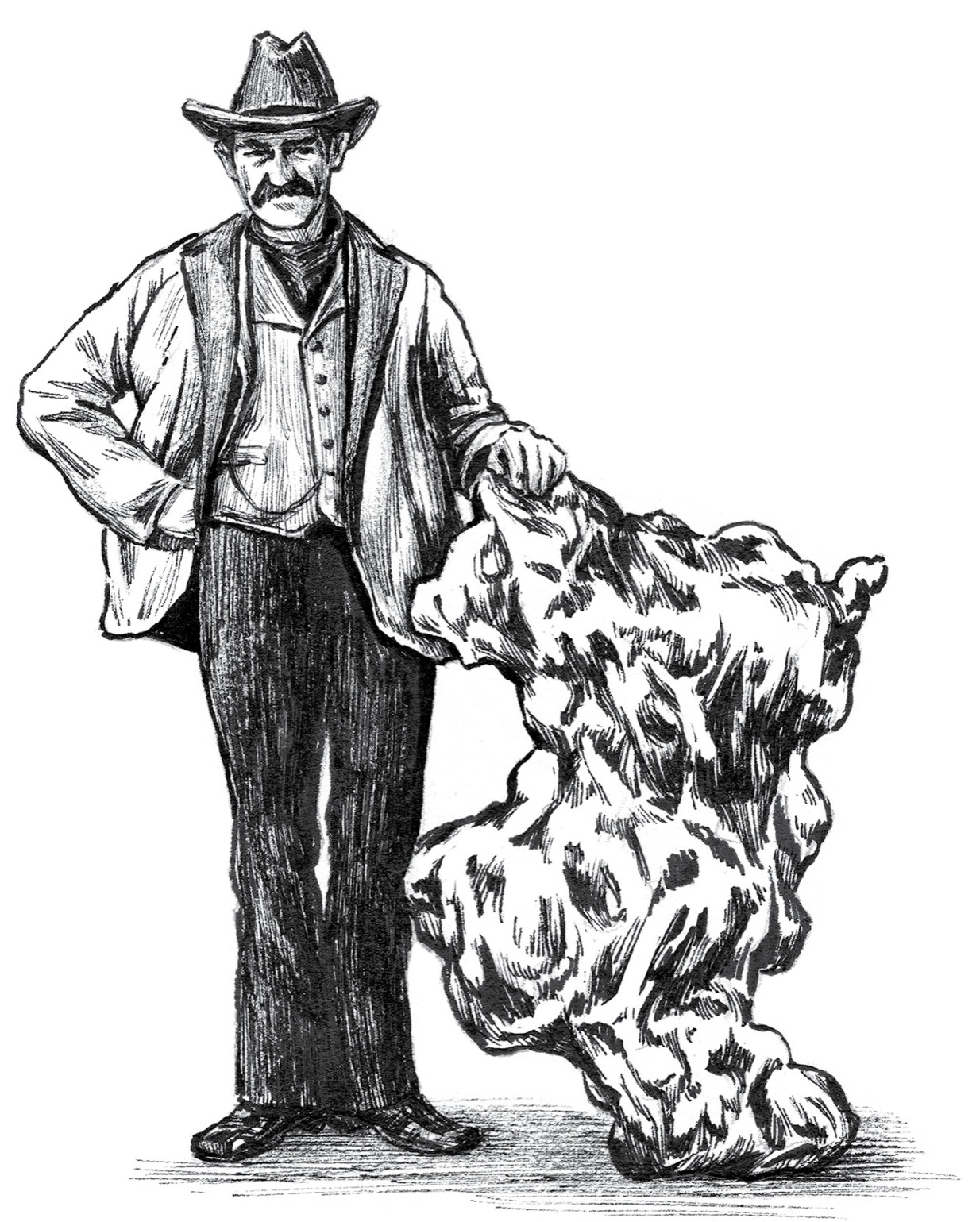
In 1849, the majority of people in the United States lived east of the Mississippi River. The states with the most people were New York, Pennsylvania, Ohio, and Virginia. After gold was discovered, people headed west hoping to get rich. The rumor was that gold was easy to find in California, but it might not last forever.
Men left their jobs and families in a hurry. These gold-hunters were called prospectors. They had other nicknames, such as forty-niners. They were also called argonauts, after a group of treasure-seekers in a Greek myth.
It was a long trip. Most went overland by covered wagon or took ships from the East Coast that eventually wound up in California. Some walked, with only a wheelbarrow or bag to carry their stuff.
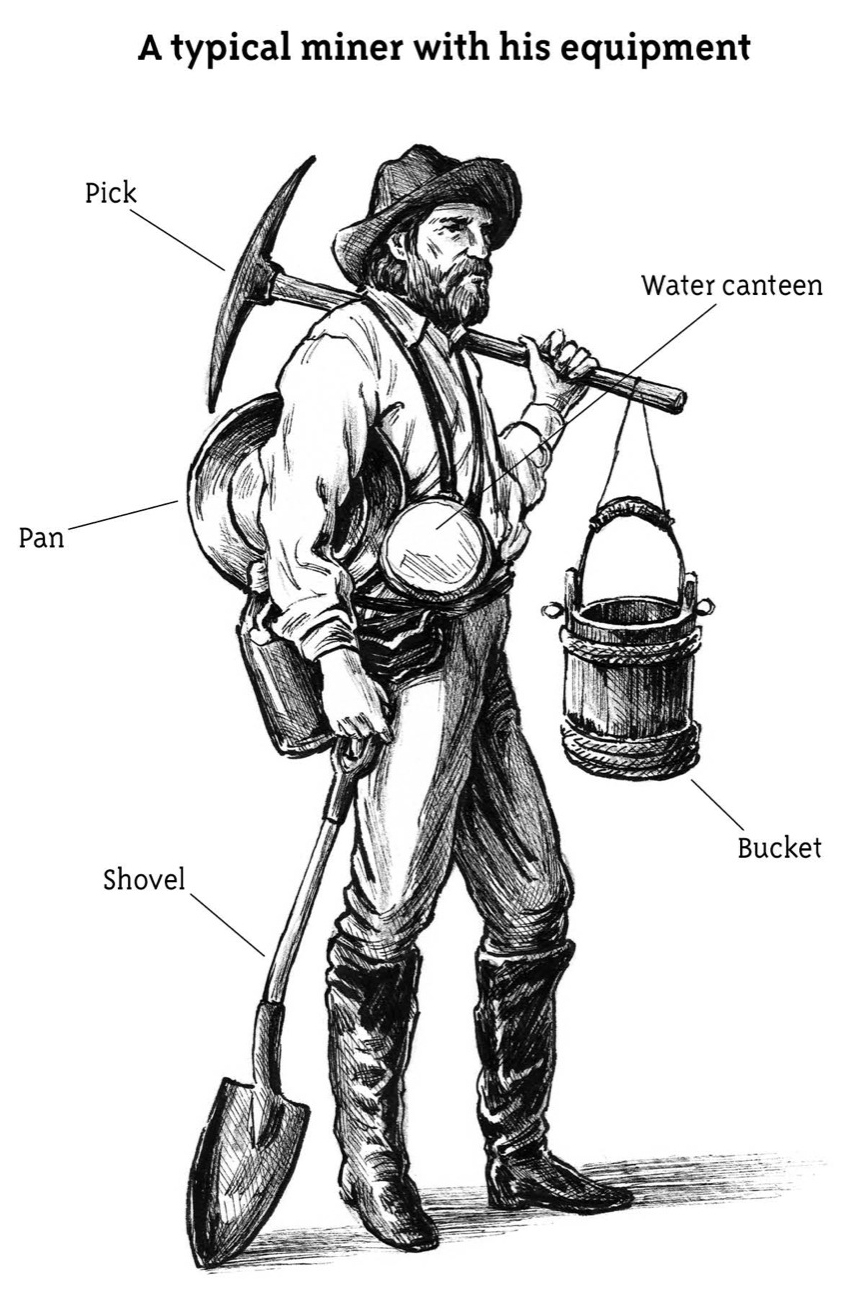
Hundreds of thousands of Americans and foreigners caught gold fever. People went half crazy over the idea of making a fortune. Some did get rich. Some got very, very rich. But most didnt.
Still, it was an exciting time. And it all started by accident!
CHAPTER 1
Striking Gold
The big day was January 24, 1848. The place was the American River in Coloma, California. This was in the foothills of the Sierra Nevada mountains.
A carpenter named James Marshall was building a sawmill there for John Sutter. The two men were in business together. Sutter already had a fort, a cattle ranch, a farm, and a home nearby. When the sawmill was finished, it would cut trees into lumber. The lumber would be sold. Marshall and Sutter would each get an equal share of the profits from the lumber business.
The crew building the sawmill had dug a shallow canal. It branched off from the American River. Water from the river could flow into the canal. Electricity wouldnt be available until the late 1800s. The force of the running water would turn the mills big wheel to operate the saw.
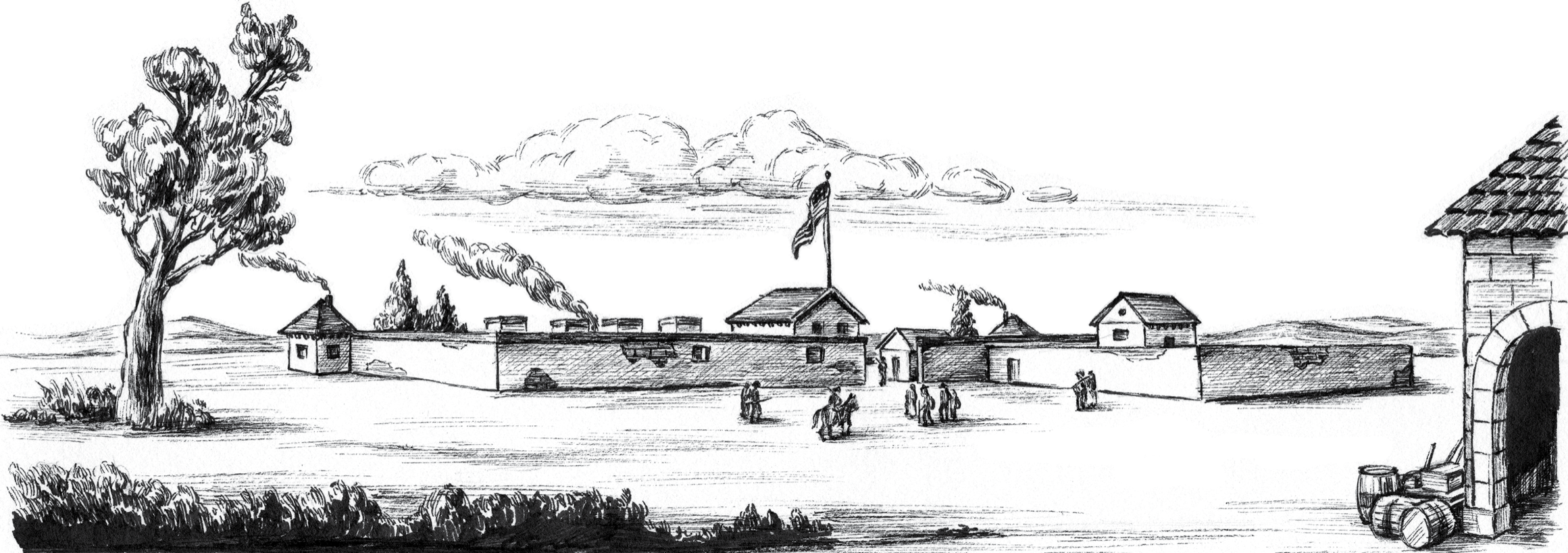
John Sutters fort
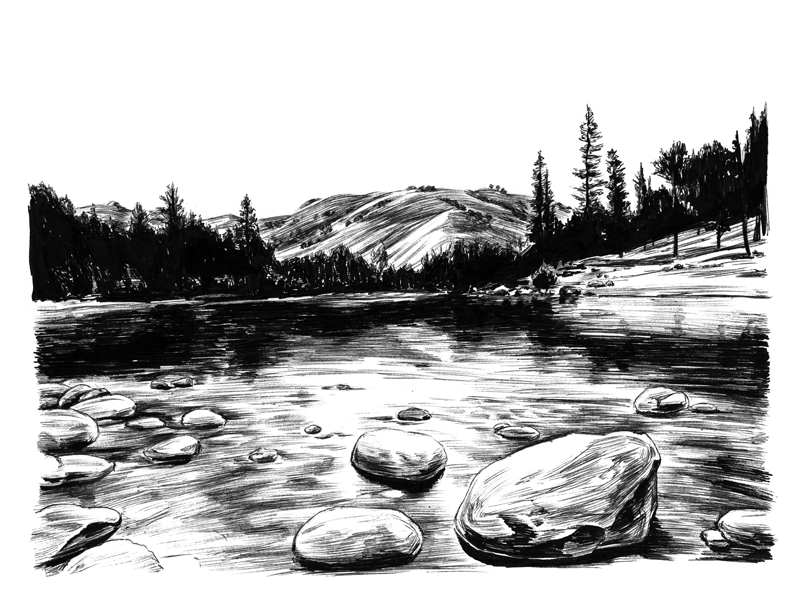
Foothills of the Sierra Nevada in Californiawhere much of the gold was found.
James Marshall was checking the canal when he spotted something shiny. Looking closer, he saw small golden rocks and flakes. They were in the water behind the mills wheel.
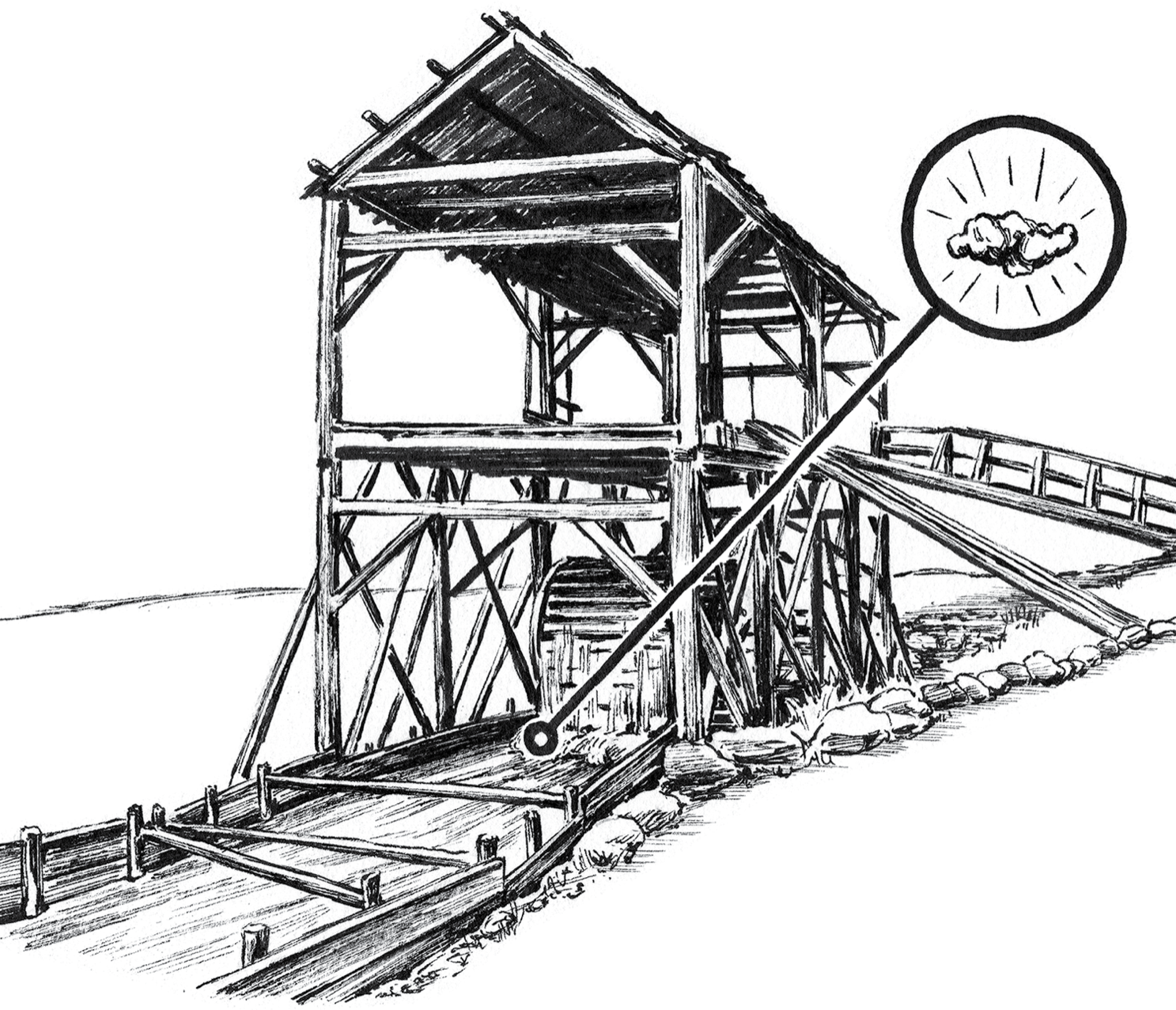
Quickly, he scooped some up in his hat. He went to show the men in his crew. Is it gold? they all wondered. Maybe it was only fools gold. That was the nickname for a mineral called pyrite. It looked like gold and often fooled miners. But pyrite was worthless.

Marshall knew that pyrite was brittle. Gold, however, was fairly soft and difficult to break. Taking a hammer, he pounded a few of the shiny pea-size nuggets. They didnt break. He boiled them in a pot of water with lye soap. He soaked the nuggets in vinegar. They didnt crumble or melt. It looked like hed found gold!
Marshall must have been an honest man. He didnt try to hunt for more gold or keep it for himself. Instead, he rushed to Sutter with the nuggets.
Sutter was excited, too. But he still wasnt sure the nuggets were gold. So the two men checked an encyclopedia. It said that a gold nugget is about eight times heavier than a rock of the same size. They weighed a nugget against other kinds of rocks. It was much heavier. They dripped a liquid called nitric acid on it. Metals such as silver, copper, or pyrite would have melted. However, their nugget didnt.
Font size:
Interval:
Bookmark:
Similar books «What Was the Gold Rush?»
Look at similar books to What Was the Gold Rush?. We have selected literature similar in name and meaning in the hope of providing readers with more options to find new, interesting, not yet read works.
Discussion, reviews of the book What Was the Gold Rush? and just readers' own opinions. Leave your comments, write what you think about the work, its meaning or the main characters. Specify what exactly you liked and what you didn't like, and why you think so.

